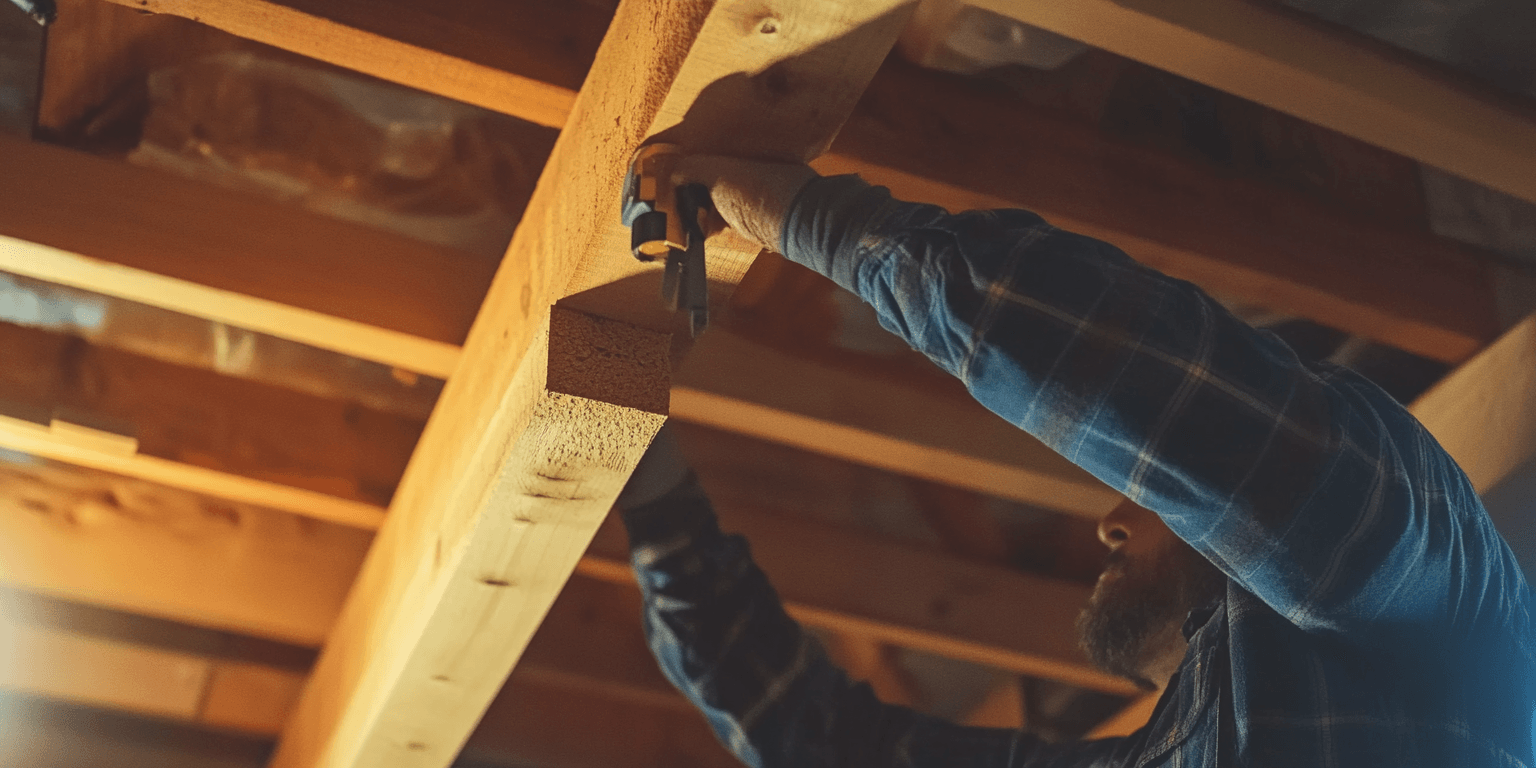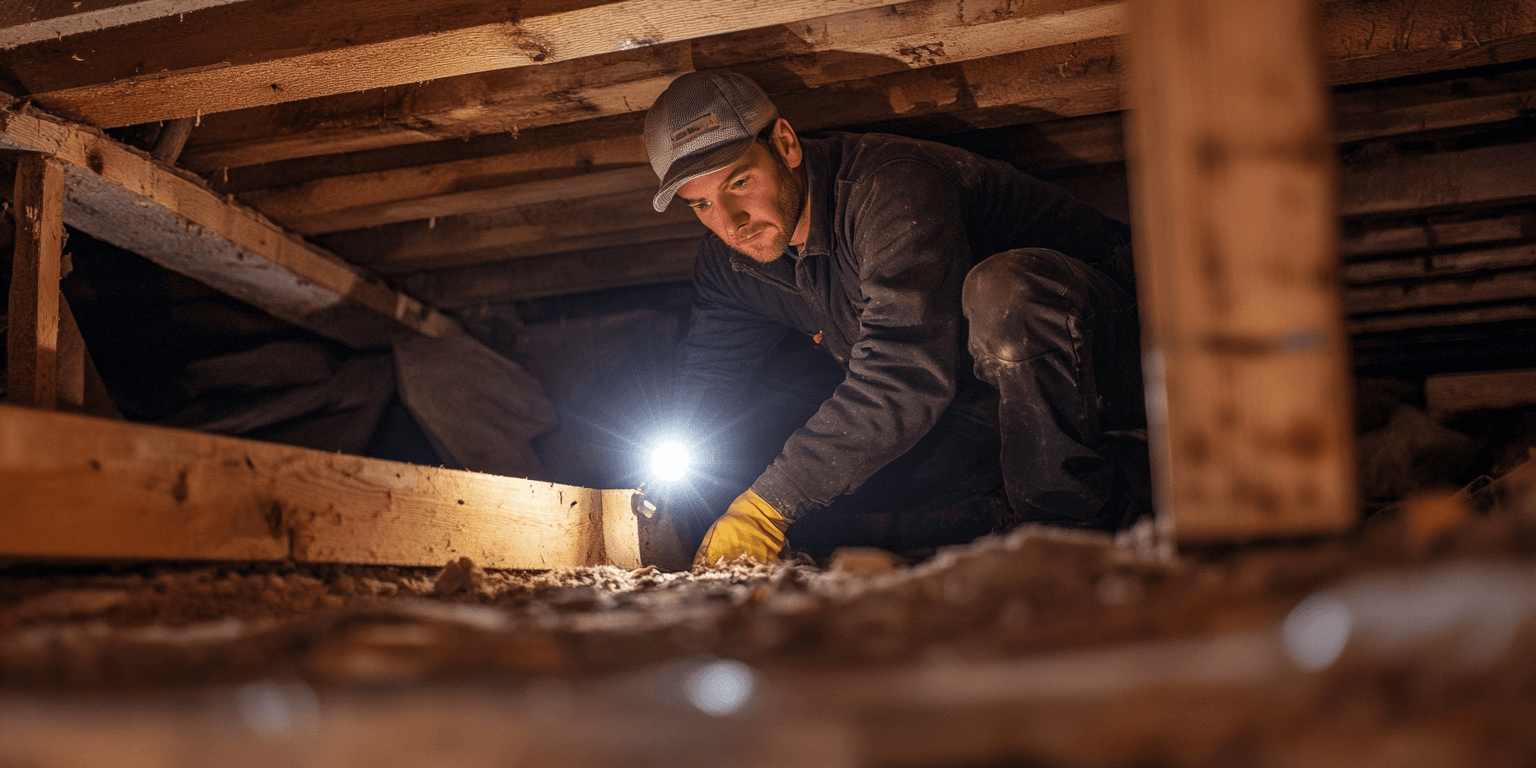Termites can cause serious damage to your home’s structure if left unchecked, making termite inspections a critical part of homeownership. Whether you’re buying a new home, selling your property, or just maintaining your current residence, knowing when to schedule a termite inspection is key to preventing costly repairs. At 1st Choice Inspection Services TREC#9175, we help homeowners identify the right time for a termite inspection and ensure that your home stays protected from these destructive pests.
Here’s when and why you should schedule a termite inspection for your home.

Termites may be small, but their impact on a home can be massive. These pests feed on wood and can weaken a home’s structural integrity over time. Unfortunately, termites often go unnoticed until significant damage has already occurred. Regular termite inspections help you detect the presence of termites early, preventing long-term damage and saving you from expensive repairs.
A termite inspection assesses the property for signs of active termite infestations, damage from past infestations, and conditions that may attract termites, such as moisture or wood-to-ground contact. Whether you’re a homeowner or in the process of buying a new home, a thorough termite inspection is one of the best ways to protect your investment.

While it’s essential to have regular termite inspections, there are specific times when scheduling one becomes even more important. Here are the key times to consider a termite inspection for your home:
If you’re in the process of buying a home, especially in areas where termites are common, scheduling a termite inspection should be a top priority. Even if the home appears to be in great condition, termite damage can be hidden behind walls, under floors, or in the attic. By having the home inspected for termites before finalizing the purchase, you’ll know whether any costly repairs are necessary or if treatment is required to eliminate an active infestation.
Many lenders also require a termite inspection before approving a mortgage, so it’s a good idea to check with your lender to see if this is part of the home-buying process.
Just like you schedule routine maintenance for your HVAC system or roof, termite inspections should be part of your annual home maintenance routine. Termites can invade your home at any time, and annual inspections help catch infestations early before they cause significant damage.
An annual termite inspection is particularly important if you live in a region prone to termite activity, such as warm, humid climates. Termites are more active in these areas, and regular inspections are the best way to ensure your home stays protected year-round.
Termites are attracted to moisture, and severe weather events such as heavy rain, floods, or hurricanes can create the perfect conditions for them to thrive. If your area has recently experienced significant rainfall or flooding, it’s a good idea to schedule a termite inspection.
Moisture from storms can accumulate around your home’s foundation, softening the wood and making it more vulnerable to termites. Inspecting the home after a major storm helps identify potential termite risks and ensures that your home isn’t vulnerable to infestation.
If you notice any signs of termites, it’s crucial to schedule an inspection immediately. Some common signs of termite activity include:
If any of these signs are present, don’t wait—schedule a termite inspection immediately to prevent further damage.
If you’re planning to sell your home, a termite inspection is a wise investment. Buyers will often request a termite inspection as part of the sale process, and having an inspection done beforehand allows you to address any potential issues upfront. By identifying and treating any termite problems before listing your home, you increase your chances of a smooth sale and avoid last-minute surprises that could derail the transaction.
Providing potential buyers with a clean termite inspection report can also add to their confidence in your home’s condition, making it more appealing on the market.

During a termite inspection, a licensed inspector will thoroughly examine both the interior and exterior of your home for signs of termite activity. This includes checking the foundation, crawl spaces, attics, and basements, as well as inspecting wooden structures like framing, floors, and support beams.
The inspector will look for visible signs of termites, such as mud tubes, damaged wood, or frass, as well as conditions that might attract termites, such as high moisture levels or wood-to-soil contact. After the inspection, you’ll receive a detailed report outlining the findings and recommendations for treatment, if necessary.
At 1st Choice Inspection Services, we provide comprehensive termite inspections that ensure no signs of infestation are missed, giving homeowners peace of mind and protecting their investment.
In general, it’s recommended to have your home inspected for termites at least once a year. However, if you live in an area with high termite activity or if your home has a history of termite problems, you may need to schedule more frequent inspections—especially after wet or humid seasons. Regular inspections are the best way to catch termite infestations early, preventing them from causing extensive damage to your home.
Termite damage can be devastating, but scheduling regular inspections helps protect your home from these destructive pests. Whether you’re buying a new home, preparing to sell, or simply maintaining your current residence, a termite inspection is essential for ensuring your property’s long-term safety and stability.
At 1st Choice Inspection Services TREC#9175, we offer thorough termite inspections that give you the information you need to keep your home safe. Don’t wait for the damage to be done—schedule your termite inspection today.
It’s recommended to have your home inspected for termites at least once a year, especially if you live in an area prone to termite activity. More frequent inspections may be needed in high-risk areas or after major storms.
Common signs of termite activity include mud tubes, discarded wings, hollow-sounding wood, and frass (termite droppings). If you notice any of these signs, schedule an inspection immediately.
Yes, even new homes can be at risk for termites. Scheduling an inspection before you finalize the purchase helps ensure that no hidden termite damage is present.
During a termite inspection, the inspector will examine your home’s foundation, walls, crawl spaces, and wooden structures for signs of termites and conditions that could attract them. After the inspection, you’ll receive a detailed report outlining any findings.
Yes, heavy rain and storms can increase the risk of termite infestations, especially in areas with high moisture levels. It’s a good idea to schedule a termite inspection after a major storm to ensure your home isn’t vulnerable to termites.